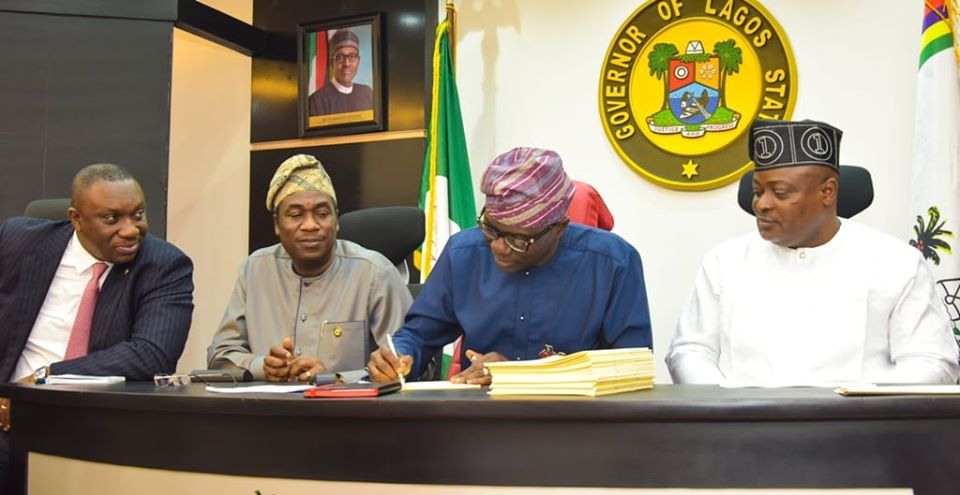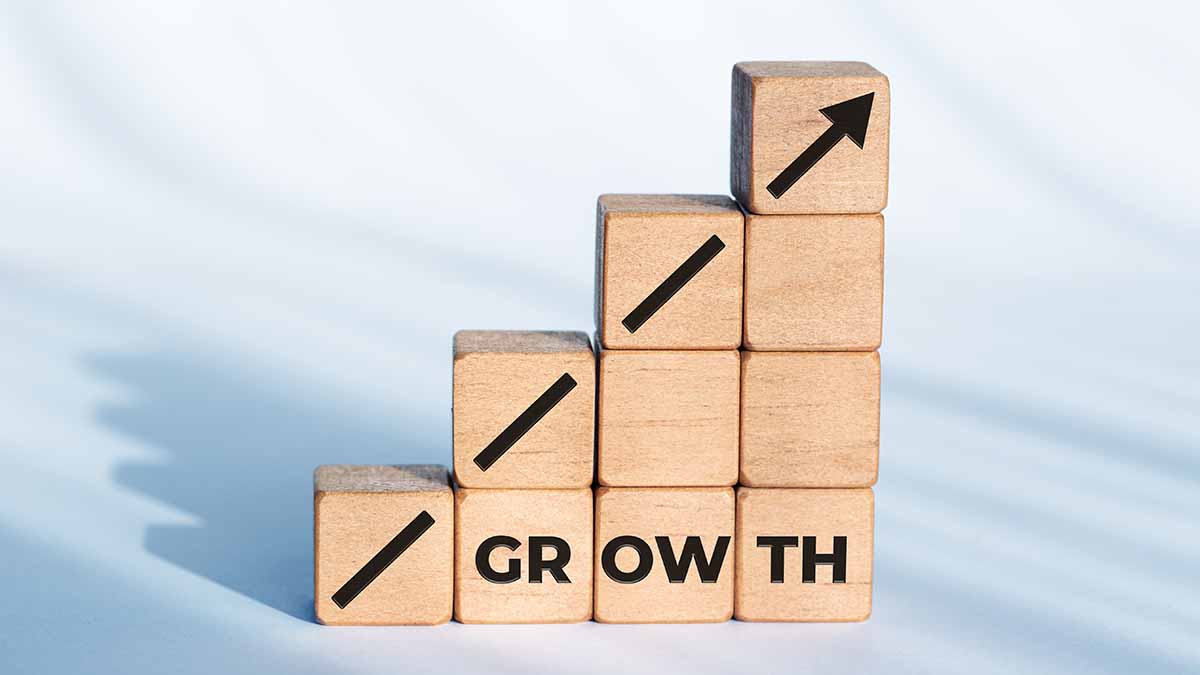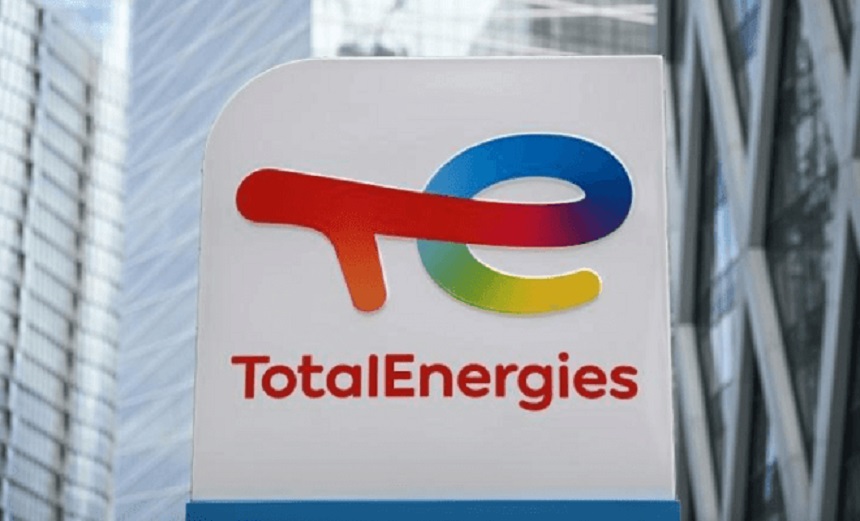By Adedapo Adesanya
The Lagos State government has reviewed its 2020 budget downwards to N920.5 billion from N1.17 trillion as a result of disruptions caused by the COVID-19 pandemic.
This was disclosed by Mr Samuel Egube, the Commissioner for Economic Planning and Budget in the state.
The reduction of the total budget size is by 21 percent from N1,168.562 billion to N920.469 billion.
The commissioner pointed out that the negative effect of the fall in crude oil prices on statutory allocation expectations, the downward pressure on Internally Generated Revenue (IGR), devaluation of the naira, reduced public and private investment and increased inflation rate were the main reasons for the overhaul of the projected figures of the 2020 budget.
He listed other factors to include the decline in demand for goods and services, as well as a reduction in manufacturing activities which he said indicated lower GDP growth and increased unemployment.
“The Lagos state government has embarked on a downward review of the year 2020 budget, precipitated by the negative economic and social effects of the coronavirus disease on the global economy.
“To restart the economy, we are going to optimise the state’s budget for investments in jobs and priority sectors through job creation, economic stabilisation and fiscal consolidation.
“In reimagining the state economy, we will prepare the state to operate and thrive within the new reality with digitisation, business environment reforms, improved economy and diversification of revenue sources,” he said.
Giving details of the budget revision, Mr Egube said the budget deficit has increased by 11 percent from N97.5 billion to N108.0 billion.
“The recurrent expenditure (debt and non-debit) in the revised budget will decline by 10 percent from N457.529 billion to N411.608 billion, 28 percent reduction has been proposed for total capital expenditure from N711.033 billion to N508.861 billion.
“The revised total revenue represents a drop of 24 percent in the previous projections from N1,107.029 billion to N812.46 billion,” the Commissioner added.
He further said the government will target construction, drainage and the Lagos State Waste Management Agency (LAWMA) as sectors to help with job creation.
The last time the Lagos state government had a budget below N1 trillion was during the administration of Mr Akinwunmi Ambode in 2017 when it had a total appropriation of N812.9 billion.




















